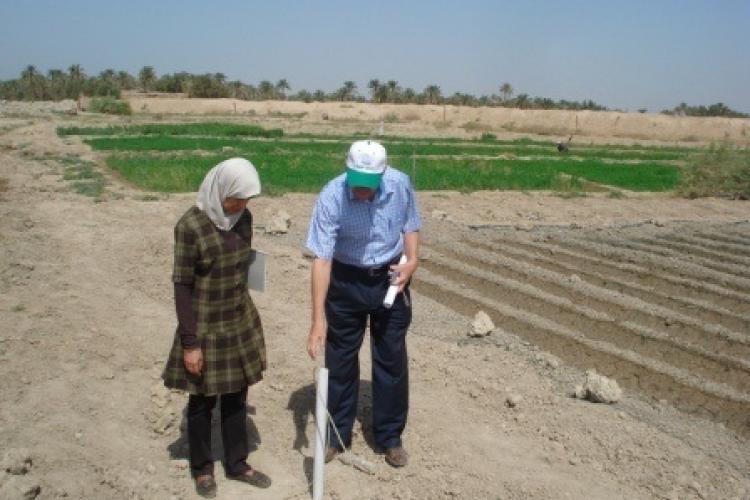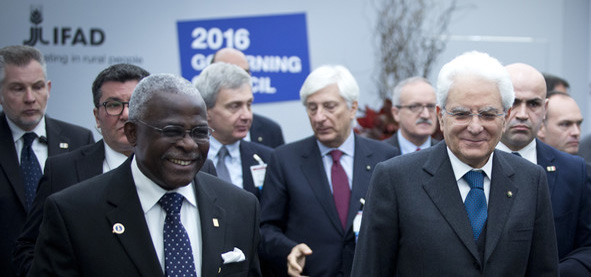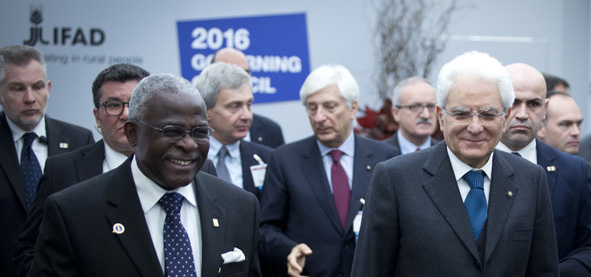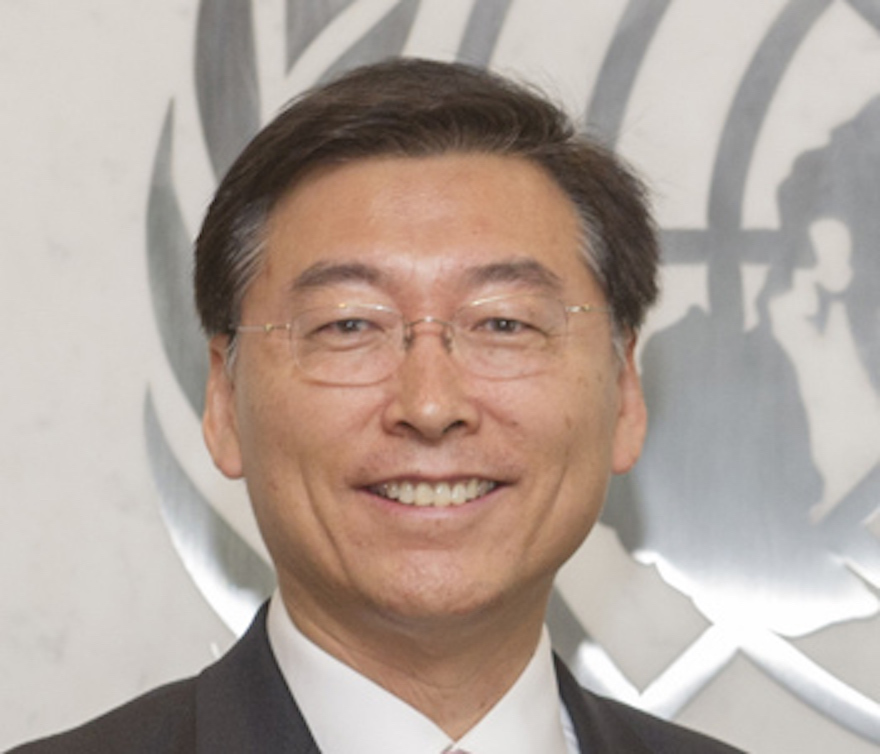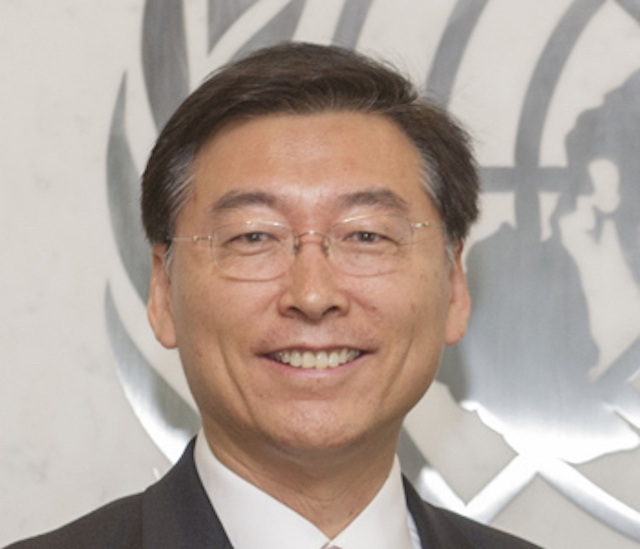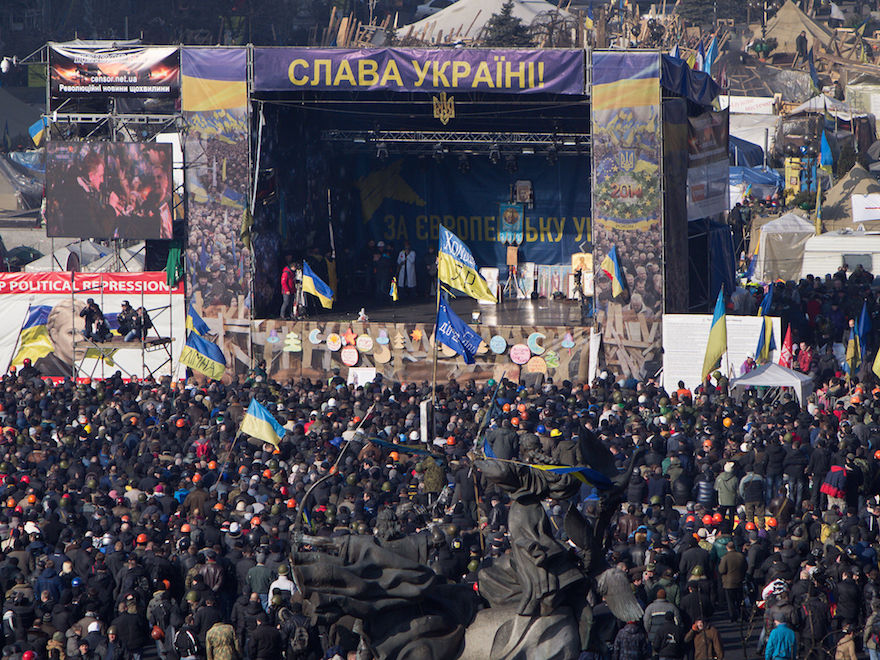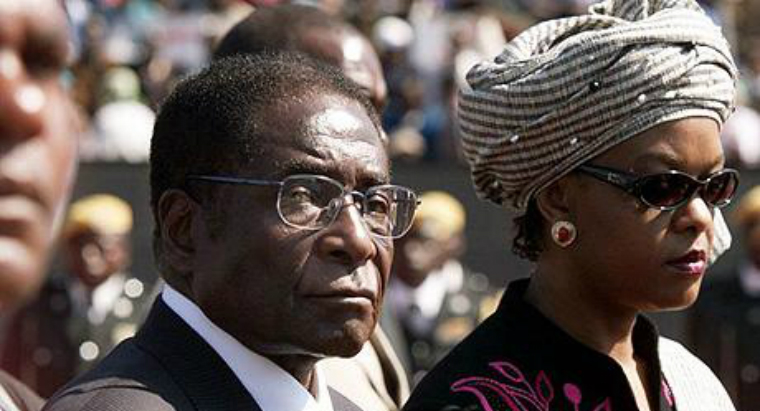BEIRUT (INPS) – Salinity is one of the most severe environmental factors limiting agricultural productivity. According to the International Center for Agricultural Research in the Dry Areas (ICARDA), rising salinity is fast becoming a silent killer of productive lands in areas like the Indo-Gangetic Basin, Euphrates River Basin, Nile Delta, and Aral Sea Basin.
The global cost of salinity-afflicted loss in crop yields is roughly 27.3 billion USD per year, according to a recent study, ‘Economics of Salt-induced Land Degradation and Restoration’, published by the Research Program on Water and Land Ecosystems of the Consultative Group for International Agricultural Research (CGIAR). Moreover, the salinized areas are increasing at a rate of 10% annually for various reasons.

